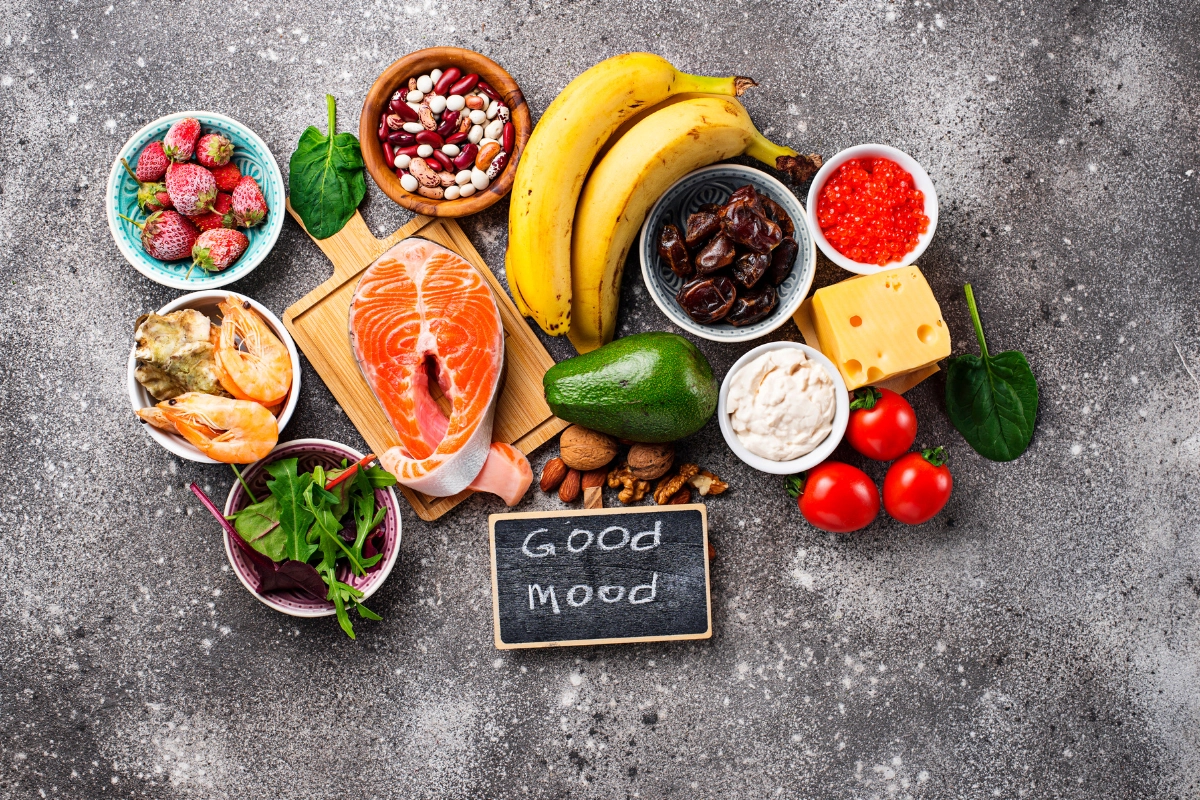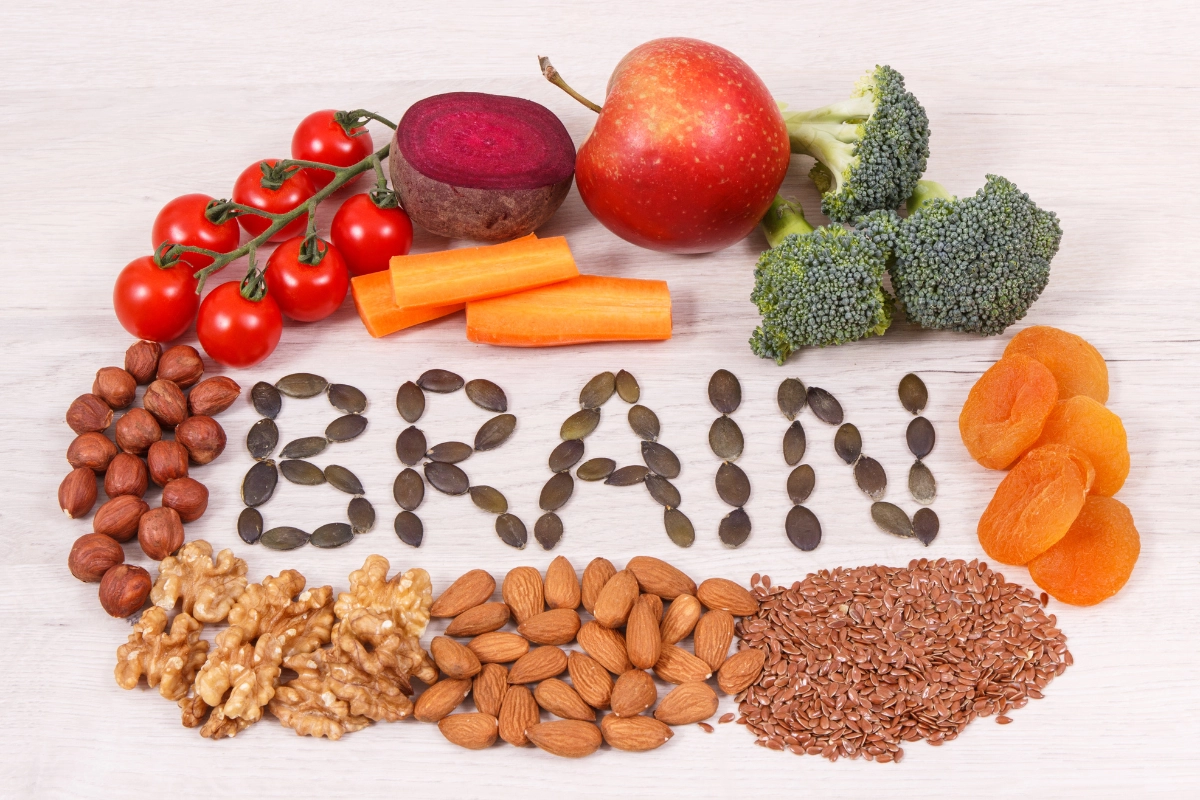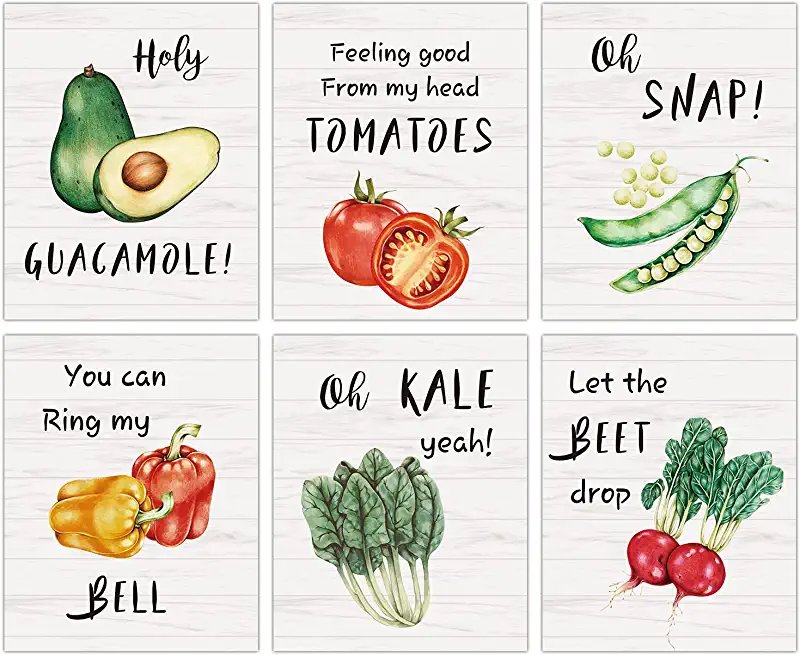Healthy eating is important and an essential part of good health. The importance of healthy eating cannot be overstated. This guide provides practical advice and resources to help you make healthy eating a part of your daily routine.
Eating a Healthy Diet is Essential

How to Make Healthy Eating a Part of Your Daily Routine
Eating a healthy diet is essential for maintaining good health and preventing chronic diseases. However, with so much conflicting information out there, it can be challenging to know where to start. This guide provides practical tips and resources to help you make healthy eating a part of your daily routine.
Plan your meals and snacks ahead of time
One of the best ways to ensure that you are eating healthy is to plan your meals and snacks ahead of time. This can help you avoid making impulsive food choices when you are hungry or short on time. Take some time each week to plan out your meals and snacks for the upcoming days. You can even prepare some meals in advance, such as cooking a big batch of soup or chili that you can eat throughout the week. This will help you stay on track with your healthy eating goals and save time in the long run.
Incorporate a variety of fruits and vegetables into your diet
Fruits and vegetables are essential components of a healthy diet. They are packed with vitamins, minerals, and fiber that can help keep your body functioning properly. Aim to incorporate a variety of fruits and vegetables into your meals and snacks each day. Try to include a rainbow of colors, as different colors indicate different nutrients. For example, red fruits and vegetables like tomatoes and strawberries are high in lycopene, while green leafy vegetables like spinach and kale are rich in iron and calcium. Experiment with different ways to prepare and enjoy fruits and vegetables, such as roasting, grilling, or blending them into smoothies.
Choose lean proteins and whole grains
In addition to fruits and vegetables, it’s important to choose lean proteins and whole grains as part of a healthy diet. Lean proteins include options like chicken, fish, tofu, and beans, while whole grains include options like brown rice, quinoa, and whole wheat bread. These foods provide important nutrients like protein, fiber, and complex carbohydrates that can help keep you feeling full and satisfied. When choosing proteins and grains, aim to choose options that are minimally processed and free from added sugars and unhealthy fats.
Limit processed and sugary foods
One of the most important steps in making healthy eating a part of your daily routine is to limit your intake of processed and sugary foods. These foods are often high in calories, unhealthy fats, and added sugars, which can contribute to weight gain and other health problems. Instead, focus on whole, nutrient-dense foods like fruits, vegetables, lean proteins, and whole grains. If you do choose to indulge in processed or sugary foods, do so in moderation and balance it out with healthier options throughout the day.

Practice mindful eating and listen to your body’s hunger and fullness cues
Mindful eating is a practice that involves paying attention to the present moment and being fully aware of your food and the experience of eating. This can help you tune in to your body’s hunger and fullness cues, which can prevent overeating and promote a healthier relationship with food. To practice mindful eating, try to eat without distractions like TV or your phone, take small bites and chew slowly, and pay attention to the taste, texture, and smell of your food. Stop eating when you feel satisfied, not overly full.
Connection Between Healthy Eating and Disease Prevention
Foods to Include in Your Diet for Disease Prevention
A strong immune system is essential for fighting off illness and staying healthy. While there are many ways to boost your immunity, one of the most effective is through your diet. Here are some delicious foods that can help strengthen your immune system and keep you feeling your best.
Citrus Fruits & Berries
Citrus fruits like oranges, grapefruits, and lemons are packed with vitamin C, which is essential for a healthy immune system. Vitamin C helps to stimulate the production of white blood cells, which are responsible for fighting off infections and diseases. Plus, citrus fruits are a tasty and refreshing snack that can be enjoyed on their own or added to salads and smoothies.
Berries such as blueberries, strawberries, and raspberries are high in antioxidants and can help prevent inflammation and oxidative stress in the body. They are also low in calories and high in fiber, making them a great snack option.
Yogurt & Fermented Foods
Yogurt is not only a delicious snack, but it also contains probiotics that can help boost your immune system. Probiotics are live bacteria and yeasts that are good for your digestive system and can help fight off harmful bacteria. Look for yogurt that contains live and active cultures, and try adding it to your breakfast or as a topping for your favorite fruit.
Other fermented foods such as kefir, and sauerkraut are rich in probiotics, which can help improve gut health and boost the immune system. They can also help reduce inflammation and improve digestion.
Garlic
Garlic has been used for centuries for its medicinal properties, and for good reason. It contains compounds like allicin, which has been shown to have antibacterial and antiviral properties. Adding garlic to your meals can help boost your immune system and fight off infections. Try adding minced garlic to your stir-fry, roasted vegetables, or homemade salad dressing for a flavorful and healthy boost.

Spinach & Leafy Greens
Spinach is a nutrient-packed leafy green that can help boost your immune system. It’s rich in vitamins A, C, and E, as well as antioxidants and beta-carotene. These nutrients work together to support your immune system and protect your body from harmful free radicals. Add spinach to your smoothies, salads, or sauté it as a side dish for a delicious and healthy boost.
Leafy greens such as spinach, kale, and collard greens are packed with vitamins, minerals, and antioxidants that can help prevent chronic diseases such as heart disease, diabetes, and cancer. They are also rich in fiber, which can aid in digestion and weight management.
Almonds, Nuts & Seeds
Almonds are a great source of vitamin E, which is an antioxidant that helps protect your cells from damage. They also contain healthy fats and protein, which can help keep you feeling full and satisfied. Snack on a handful of almonds or add them to your oatmeal or yogurt for a tasty and nutritious boost to your immune system.
Nuts and seeds such as almonds, walnuts, chia seeds, and flaxseeds are rich in healthy fats, protein, and fiber. They can help lower cholesterol levels, reduce inflammation, and improve heart health.
Mushrooms
Mushrooms are a great source of nutrients and have been linked to several health benefits. They are low in calories and high in fiber, which can help with weight management and digestion. They also contain antioxidants and anti-inflammatory compounds that may help reduce the risk of chronic diseases such as cancer and heart disease. Additionally, some types of mushrooms are a good source of vitamin D, which is important for bone health and immune function.
Whole Grains
Whole grains such as brown rice, quinoa, and whole wheat bread are high in fiber, vitamins, and minerals. They can help lower the risk of heart disease, diabetes, and certain cancers.
Fatty Fish
Fatty fish such as salmon, tuna, and sardines are rich in omega-3 fatty acids, which can help reduce inflammation and improve heart health. They are also a great source of protein and vitamin D.
Legumes
Legumes such as lentils, chickpeas, and black beans are high in protein, fiber, and vitamins. They can help lower cholesterol levels, improve digestion, and reduce the risk of heart disease and diabetes.
Healthy Eating is Important for Your Mental Health
The Role of Nutrition in Mental Health: Why Healthy Eating Matters

Did you know that what you eat can affect your mental health?
When it comes to mental health, many people focus on therapy, medication, and exercise as ways to improve their well-being. However, what you eat can also play a significant role in your mental health. In fact, research has shown that a healthy diet can help reduce symptoms of depression, anxiety, and other mental health conditions. Learn more about the connection between nutrition and mental health, and why healthy eating is so important.
The Gut-Brain Connection: How Your Diet Affects Your Mood
Did you know that your gut and brain are connected? The gut-brain connection is a complex system that involves communication between your gut and your brain. What you eat can affect the bacteria in your gut, which in turn can affect your mood and mental health. For example, a diet high in processed foods and sugar can lead to inflammation in the gut, which has been linked to depression and anxiety. On the other hand, a diet rich in fruits, vegetables, and whole grains can promote a healthy gut and improve mental health.

Nutrients That Boost Mental Health: Omega-3 Fatty Acids, B Vitamins, and More
There are several nutrients that have been shown to boost mental health and improve mood. Omega-3 fatty acids, found in fatty fish like salmon and sardines, have been linked to a reduced risk of depression and anxiety. B vitamins, found in whole grains, leafy greens, and nuts, are important for brain function and can help reduce symptoms of depression. Other nutrients that may improve mental health include magnesium, zinc, and vitamin D. It’s important to eat a balanced diet that includes a variety of nutrient-rich foods to support overall mental and physical health.
The Dangers of Processed Foods and Sugar on Mental Health
Processed foods and sugar have been linked to poor mental health outcomes. A diet high in processed foods and sugar can lead to inflammation in the body, which has been linked to depression and anxiety. Additionally, consuming too much sugar can lead to a spike in blood sugar levels followed by a crash, which can cause mood swings and fatigue. It’s important to limit processed foods and sugar in your diet and focus on whole, nutrient-rich foods to support your mental health.
How to Incorporate a Healthy Diet into Your Lifestyle
Incorporating a healthy diet into your lifestyle doesn’t have to be difficult. Start by making small changes, such as swapping out processed snacks for fresh fruits and vegetables or choosing whole-grain options instead of refined carbohydrates. Meal planning and preparation can also help you stay on track with healthy eating. Consider seeking guidance from a registered dietitian to create a personalized nutrition plan that supports your mental health goals. Remember, a healthy diet is just one aspect of maintaining good mental health, but it can have a significant impact on your overall well-being.

Seeking Professional Help: When to Consult a Nutritionist or Mental Health Professional
While making small changes to your diet can have a positive impact on your mental health, it’s important to seek professional help if you’re struggling with a mental health condition or have specific dietary needs. A registered dietitian can provide personalized nutrition advice and support, while a mental health professional can help you manage symptoms and develop coping strategies. Don’t hesitate to reach out for help if you need it – taking care of your mental and physical health is essential for your overall well-being.
In Conclusion
In conclusion, healthy eating is vital for humans because it provides the necessary nutrients and energy for our bodies to function properly. It can also help prevent chronic diseases such as heart disease, diabetes, and obesity. Eating a balanced diet that includes fruits, vegetables, whole grains, lean proteins, and healthy fats can improve overall health and well-being.
Read more about healthy living here.
ADD ADHD Alzheimers antioxidants arthritis Best Sources of Omega 3 6 9 Fatty Acids cancer exercise fatty acids fatty fish fermented foods fish oil flax seed oil health benefits healthy diet Healthy Lifestyle healthy lifestyle benefits healthy lifestyle food Healthy Weight loss heart disease herring hummus indoor herb garden grow light indoor herb garden kits indoor herb garden on wall indoor herb garden planters jackfruit joint stiffness mackerel meditation mental health mushrooms oily fish omega-3 omega-3 fatty acids omega 3 6 9 risks and side effects Omega3tips.com salmon sardines super foods tuna unplug vitamins Weight loss wellness
Some signs that you may need to consult a nutritionist include: struggling to lose weight, experiencing digestive issues, having a chronic health condition, wanting to improve athletic performance, having food allergies or intolerances, feeling constantly fatigued, and wanting to improve overall health and wellness.



